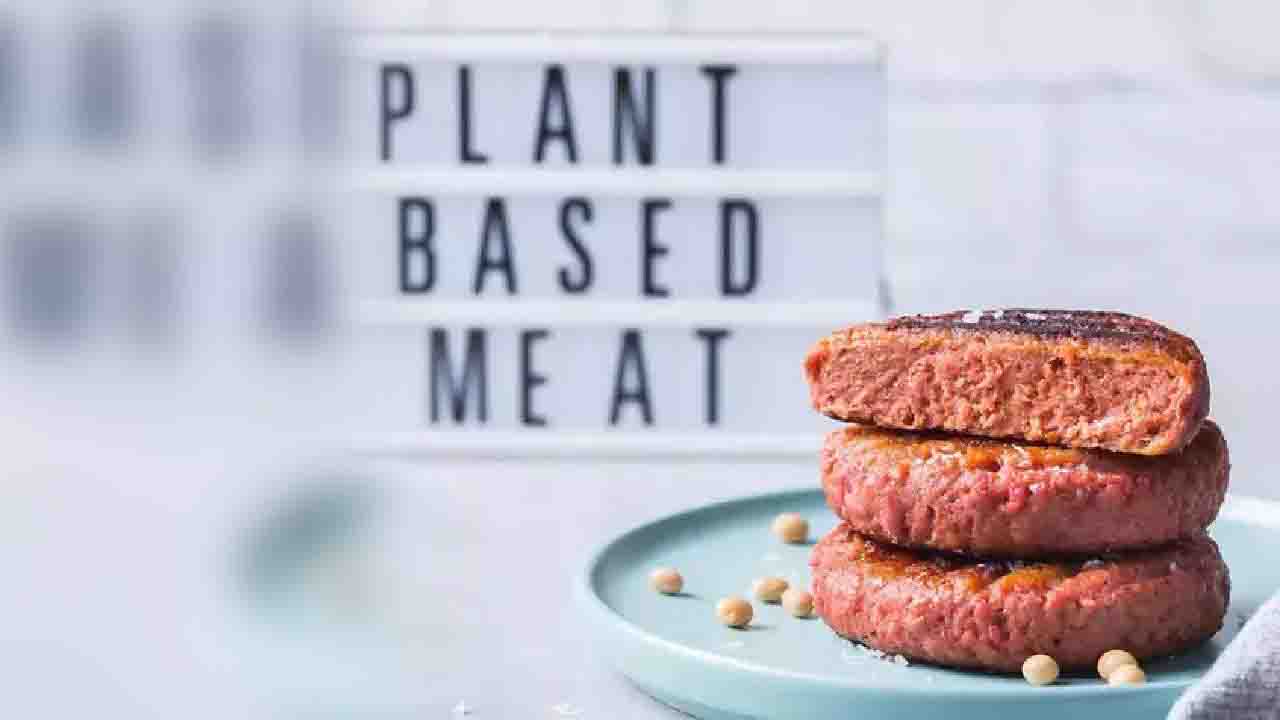Science & Technology (Commonwealth Union) _ A groundbreaking approach to enhancing the texture of plant-based meat alternatives has been unveiled by a team led by a UK-based researcher of Indian origin. This innovative technique seeks to overcome a common challenge faced by plant-based alternatives – their often dry and unappetizing texture compared to real meat. The scientists employed a process known as microgeletion, where plant proteins, initially dry and coarse, are immersed in water and exposed to heat. This transforms the protein molecules, creating a gel-like structure that envelops water around the plant proteins. Further processing breaks down the gel into minute microgel particles, imperceptible to the naked eye. When pressure is applied, as during consumption, these microgels release water, resulting in a succulent and creamy sensation similar to real cream.
This inventive breakthrough carries significant implications. It has the potential to rejuvenate interest in plant-based proteins, motivating individuals to decrease their reliance on animal products for protein consumption. Such a shift is critical for meeting global climate change targets, as a substantial portion of the carbon dioxide emissions linked to food production is generated by rearing and processing animal products.
These protein microgels are envisioned as a platform for designing the next generation of nutritious, delectable, and environmentally sustainable foods. Their lubricating qualities, akin to cream, also open up possibilities beyond meat alternatives. They could be adapted for other applications within the food processing industry, such as crafting healthier options by replacing removed fats in various food products.
Furthermore, this discovery highlights the intricate blend of scientific disciplines in modern food technology. It encompasses protein chemistry, understanding how food is sensed in the mouth, and the study of tribology – the interaction and friction between materials and sensory cells in the mouth. The visualizations generated through atomic force microscopy provided evidence of the concept’s viability.
In essence, this pioneering advancement not only promises to transform plant-based foods but also underscores the depth and ingenuity of contemporary food science. As the world seeks sustainable alternatives to traditional diets, these protein microgels could emerge as a pivotal ingredient in shaping a healthier and more environmentally conscious culinary landscape.








